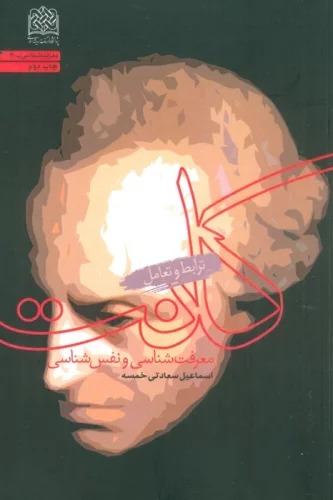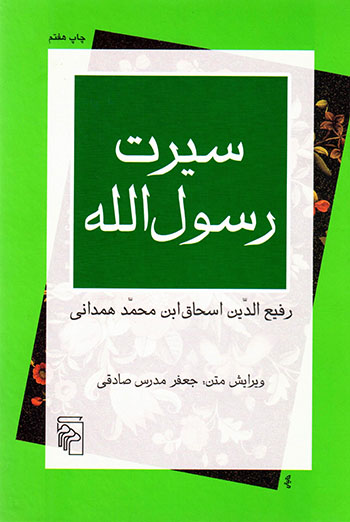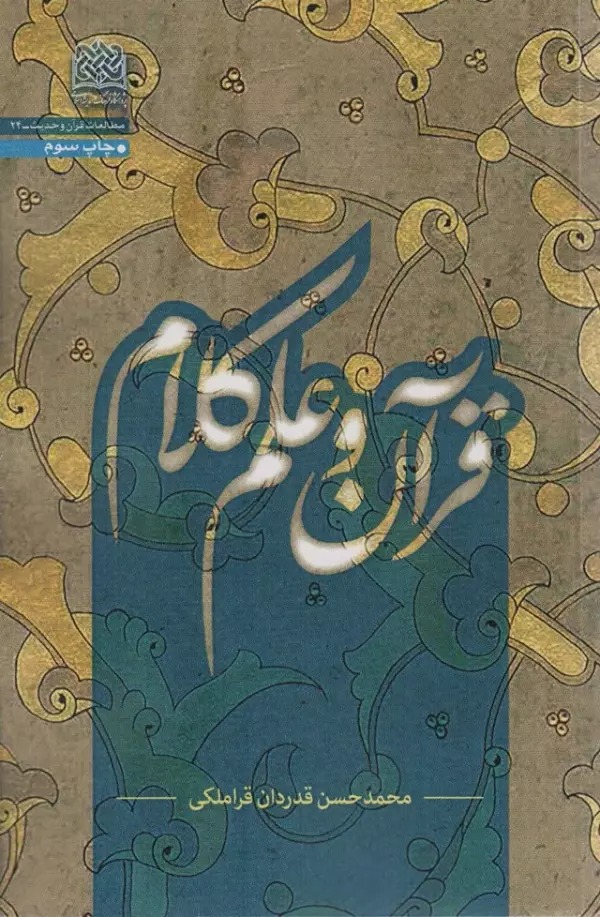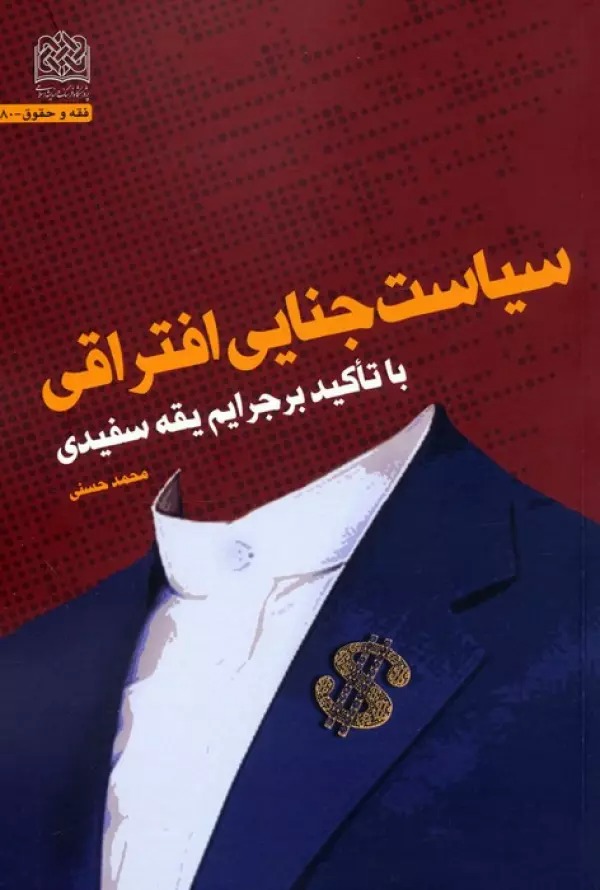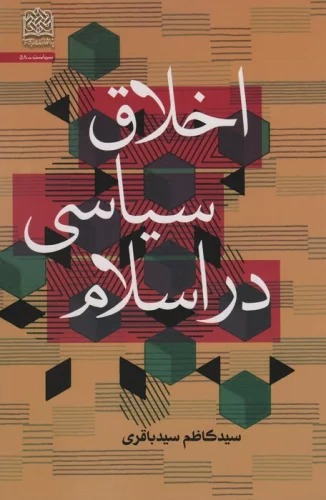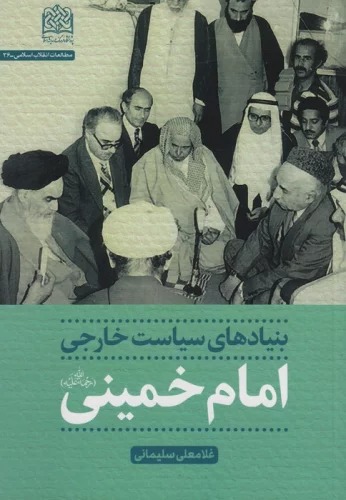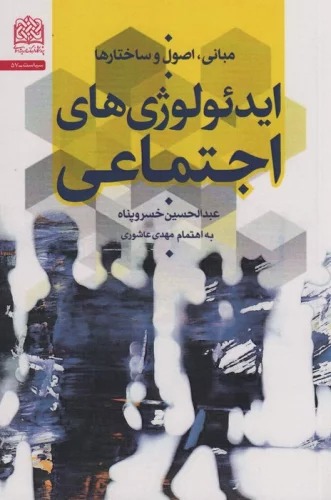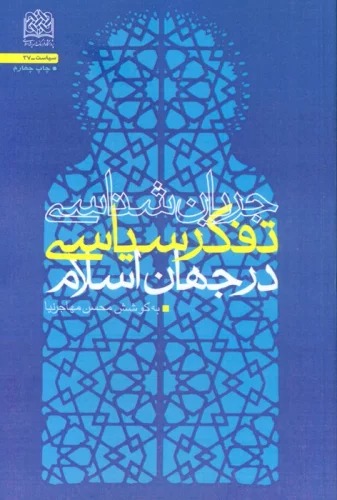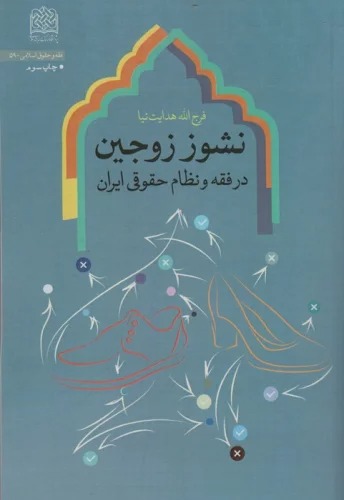Ma'rifat'shināsī va Nafs'shināsī-yi Kānt: Persian 2023
معرفت شناسی و نفس شناسی کانت
18.47 $
Share
Wishlist
Original Title:
معرفت شناسی و نفس شناسی کانت
ISBN:
9786001083020
Publisher:
Pazhuhishgah-i Farhang va Andishih-yi Islami
Age Group:
Adult
Pages:
507
Weight:
538 g
Dimensions:
14 x 21 x 4.5 cm
Book Cover:
Paperback
In addition to topics related to epistemology, the book "Criticism of Pure Reason" includes some issues of rational psychology. The book's author tries to show the existence of correlation and interaction between epistemology and psychology in the critique of pure reason, to explain and analyze within the text the compatibility or incompatibility of this correlation and interaction and its constituent elements with the teachings of Kant's transcendental idealism.
The six chapters of Kant's Opinions and Teachings have analyzed and evaluated the scope of human knowledge, transcendental idealism, transcendental psychology, pure self-perception, essence and simplicity, and self-recognition.
Analyzing the main teachings of Kant, while emphasizing the compatibility of the main teachings of critical philosophy with the substantive originality approach, the author argues that the reason for the non-recognition of science other than the acquisition of science in critical philosophy should be seen in the conscious or unconscious adoption of this approach.
The sections of the book are:
The first part: the problem of knowledge
The second part: the relationship between psychology and epistemology
- The third part: The soul as a container of knowledge (Criticism of Philosophical Psychology)
more
کتاب « نقد عقل محض » علاوه بر مباحث مرتبط با معرفت شناسی مشتمل بر برخی از مباحث روان شناسی عقلی است. مولف کتاب می کوشد ضمن نشان دادن وجود ترابط و تعامل میان معرفت شناسی و نفس شناسی در نقد عقل محض به توضیح و تحلیل درون متنی سازگاری یا ناسازگاری این ترابط و تعامل و مبانی و مولفه های تشکیل دهنده آن با تعلیم ایدئالیسم استعلایی کانت بپردازد.
در فصل های شش گانه کتاب آرا و تعالیم کانت در مورد گستره شناخت انسان، ایدئالیسم استعلایی، روان شناسی استعلایی، خود ادراکی محض و جوهریت و بساطت و تشخیص نفس تحلیل و ارزیابی شده است.
مولف با تحلیل تعالیم اصلی کانت، ضمن تأکید بر سازگاری تعالیم اصلی فلسفه نقدی با رویکرد اصالت ماهوی، استدلال می کند که چرایی به رسمیت شناخته نشدن علمی غیر از علم حصولی در فلسفه نقدی را باید در اتخاذ آگاهانه یا ناآگاهانه این رویکرد دانست.
بخش های کتاب عبارتند از:
ـ بخش اول: مسئله شناخت
ـ بخش دوم: نسبت نفس شناسی و معرفت شناسی
ـ بخش سوم: نفس در مقام ظرف معرفت (نقد نقد علم النفس فلسفی)
more

